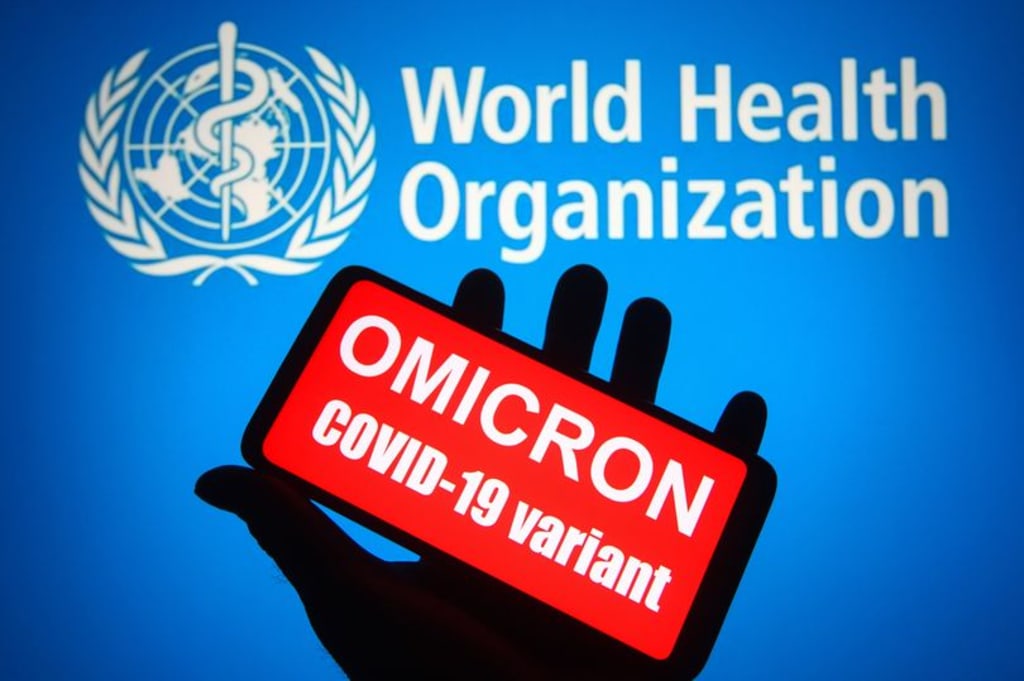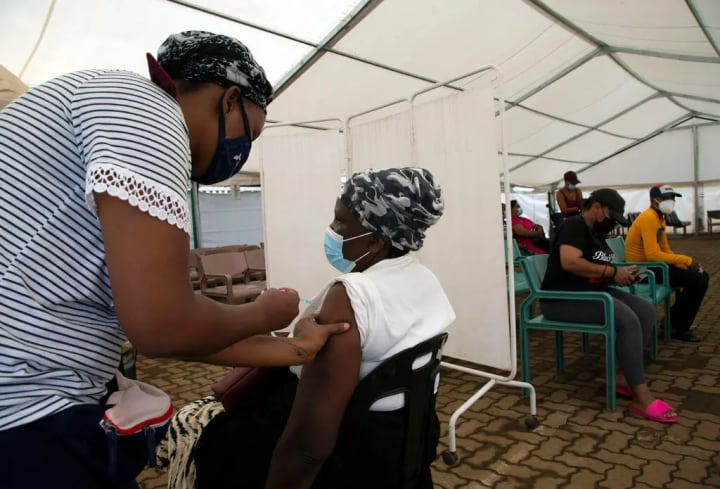What We Know About Omicron, a New Coronavirus Variant

Experts are attempting to figure out if Omicron is more transmissible and if it causes severe or mostly minor symptoms in persons who are infected.

What is the Omicron variation, and what does it mean?
Because of an unusually high number of mutations that have the potential to make the virus more transmissible and less susceptible to existing vaccines, scientists and public health officials are concerned about this new iteration of the coronavirus, which was first identified in Botswana and South Africa.
Despite what experts described as a slew of uncertainty, the World Health Organization has labeled Omicron a "variant of concern" and warned that the worldwide hazards it poses are "extremely high." According to the World Health Organization, the variation has been found in approximately 60 nations on every continent except Antarctica. A California citizen who came home from South Africa was recognized as the first American infected with Omicron in early December. Since then, officials have discovered the variation in over 20 states.
What do we know about Omicron's US operations?
It's too early to predict if the variety will become ubiquitous in the United States. However, experts like as Dr. Rochelle Walensky, head of the Centers for Disease Control and Prevention, warn that the number will likely rise dramatically in the following weeks. According to the C.D.C., the first individual to test positive for the variation returned to San Francisco from South Africa on November 22 and tested positive on November 29.
According to health experts, the individual experienced moderate symptoms despite being completely vaccinated.
Since then, 43 infections in almost two dozen states have provided a deeper understanding of the variant's path, adding to early data that suggests Omicron may produce less sickness than its precursor, Delta. The Centers for Disease Control and Prevention announced on Dec. 10 that the majority of Omicron cases were among young persons under the age of 40. When they initially developed symptoms or tested positive, the majority of the people — 34 people — were completely vaccinated.
Before their diagnosis, fourteen of these persons had gotten a booster dosage, and six had previously been infected with the coronavirus.
The C.D.C. said that almost a third of people infected with Omicron had traveled abroad in the two weeks before testing positive or experiencing symptoms, indicating that the variation is spreading locally in communities.

Is it necessary to be concerned?
The discovery of Omicron has sparked widespread concern, with a number of nations prohibiting flights from southern Africa or banning foreign passengers altogether, such as Israel, Japan, and Morocco.
However, public health experts have advised caution, stressing that there is no strong proof that Omicron is more harmful than prior forms such as Delta, which is still the most common in the US and other nations.
In a research that has not yet been peer-reviewed or published by a scientific publication, scientists in South Africa observed a sudden, dramatic surge in coronavirus infections among persons who had already been infected last month. When the Beta and Delta versions first appeared, there was no such uptick, according to the authors.
The discovery suggests that Omicron is less susceptible to the body's defensive responses. Researchers in South Africa also discovered that the variety is spreading more than twice as fast as Delta, which was previously thought to be the virus's most infectious version.
There are some early indications that Omicron will only cause minor sickness. However, these indications were based mostly on instances in South Africa among younger individuals, who are less prone to become critically sick with Covid in general.
A preliminary study from a Pretoria hospital on a limited number of cases issued in early December observed that few of the patients in the Covid ward required supplementary oxygen and that the majority were brought to the hospital for other reasons, a trend not seen in earlier rounds. However, the patients were younger than in prior waves, rendering them less vulnerable to serious illness, and the epidemic is still in its early stages, according to the study.
Experts believe more data — and more time — will be needed to verify whether the variation is actually milder.
Regeneron said in early December that their Covid antibody therapy may be less effective against Omicron.






Comments
There are no comments for this story
Be the first to respond and start the conversation.